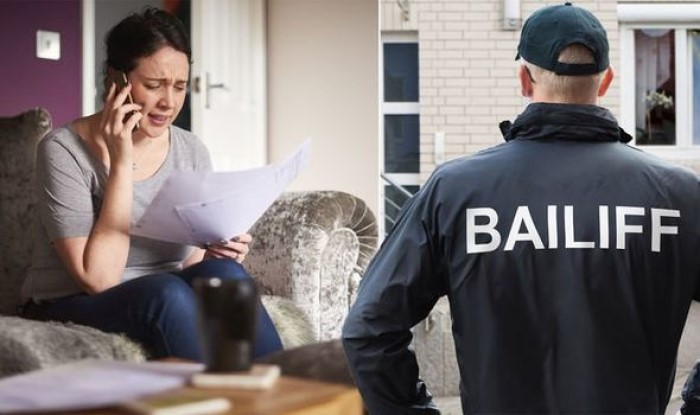
The work of bailiff when they visit your home is relatively straightforward – to recover outstanding loans owed to the lender. For this reason, they can easily cut an inflexible figure, especially when instantly demanding money from you.
For a borrower who cannot pay all the amount owed upon receiving a letter or at the doorstep, it is best to negotiate with the bailiff to pay some of what they owe to show good faith and willingness to clear the loan. Upon doing this can bailiffs enter your home?
For instance, the debtor may begin by proposing to pay a majority of the owed sums, quoting an amount that will not entirely leave them without money.
Or else, the borrower can agree to a payment arrangement where they regularly remit small payments to clear the debt progressively.
The bailiff may turn down such proposals and offers. Nonetheless, a debtor’s inclination to negotiate is a good starting point as it shows the borrower’s willingness to offset the loan. This is an important step when dealing with enforcement officers.
It is best to agree on realistic payment plans to prevent the debtor from defaulting on debt and the possibility of incurring extra charges, fees or penalties from the default.
It Is Always Prudent To Capture The Agreement In Writing
It is wise and essential to keep all documents and written correspondence when negotiating with the bailiff, whether through email or post.
This means, when evaluating the appropriate payment plan, determine what you (as the borrower) can afford to pay each month and submit this proposal to the bailiff in a written document. Additionally, sending the same to the creditor may prove extremely helpful as a show of goodwill and readiness to settle the debt.
If possible, ask for proof of postage receipt or submit such documentation via platforms that support recording delivered messages/mails. It is essential to keep copies of all documents you have sent out safely.
Additionally, when the bailiff agrees to a particular payment plan, the borrower needs to put the agreement into writing. That way, the debtor can tell what they have agreed to before appending their signature on any agreement. Simultaneously, ensure the bailiff also signs on their part to secure the agreement entirely.
What Happens If The Bailiff Refuses To Negotiate?
You may approach the lender directly to present your payment proposal if the bailiff hears none of it. However, the debt payment proposal needs to be reasonable enough to get the lender to agree to your offer.
It is prudent to continue paying their outstanding debt as the debtor awaits the creditor to agree to their offer. This is a good sign the debtor is committed to paying the debt if the extra claim is made against the debtor.
Remember to maintain a copy of all payment transactions and other correspondence that show proof of continuing debt amortization.
If the debtor is dealing with a county or a high court debt, there is a chance they can use the courts to request them to agree to the payment plans declined by the bailiff and the lender.
The correct forms used to lodge these requests can be obtained from the GOV.UK website. They are form N245 for a county court debt and form N244 for high court debt.
Remember there are added costs (in the form of fees) to be paid when making this application to the court. However, such an application to the court may provide help and relief to a debtor with low-income levels or seeking specific forms of benefits.







